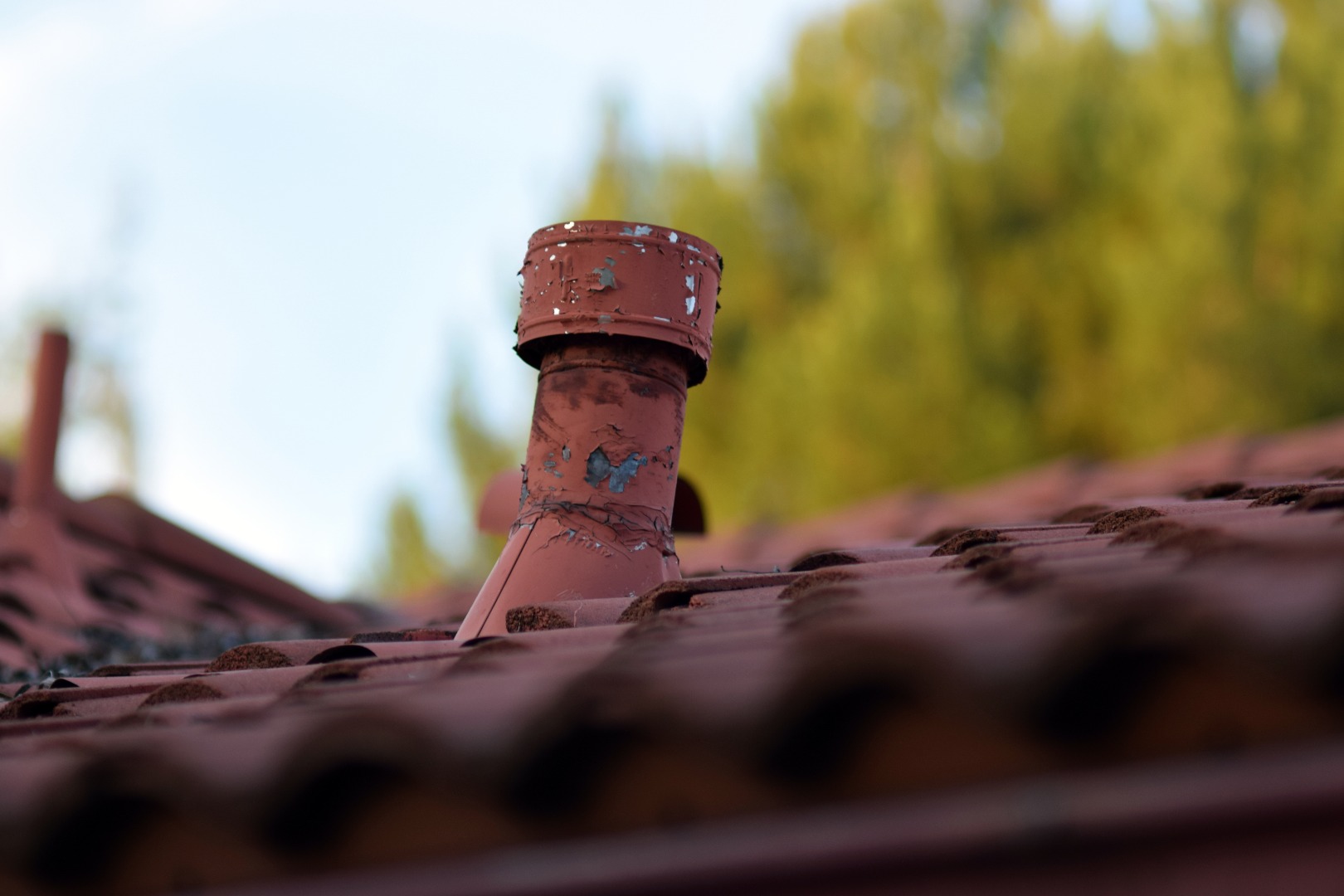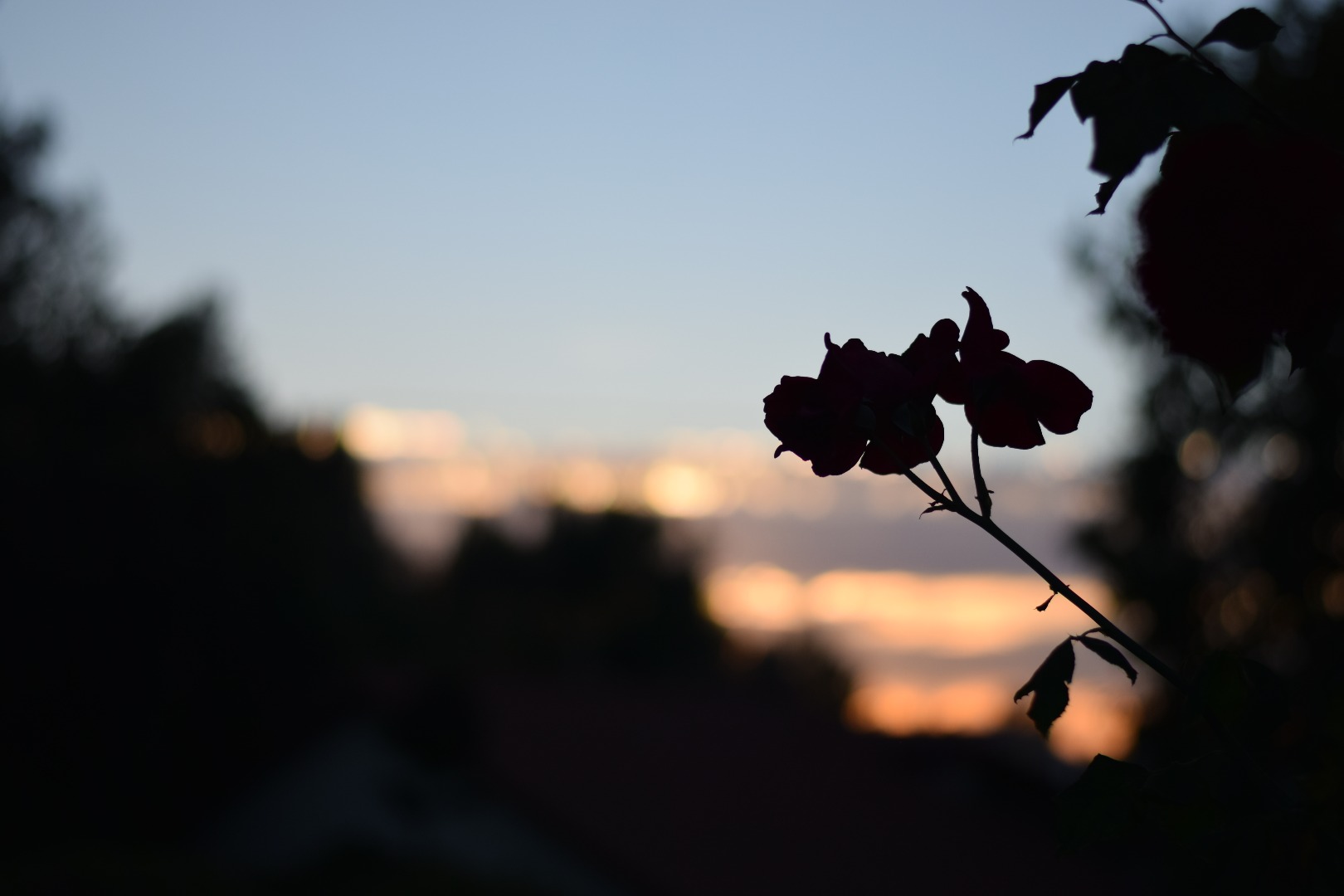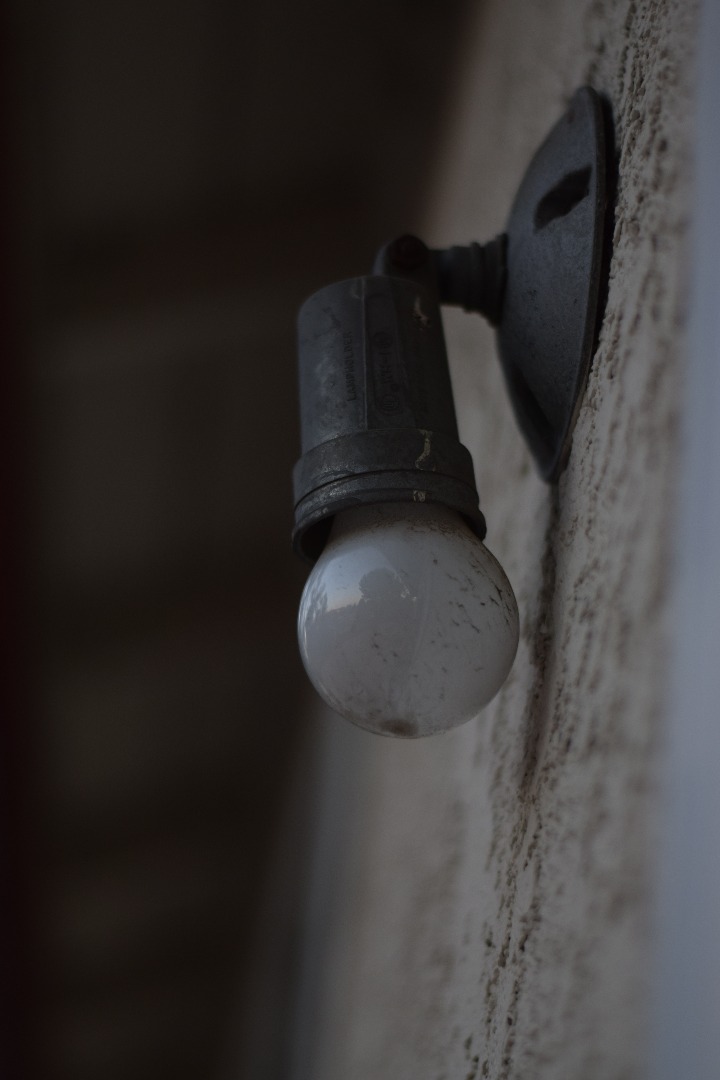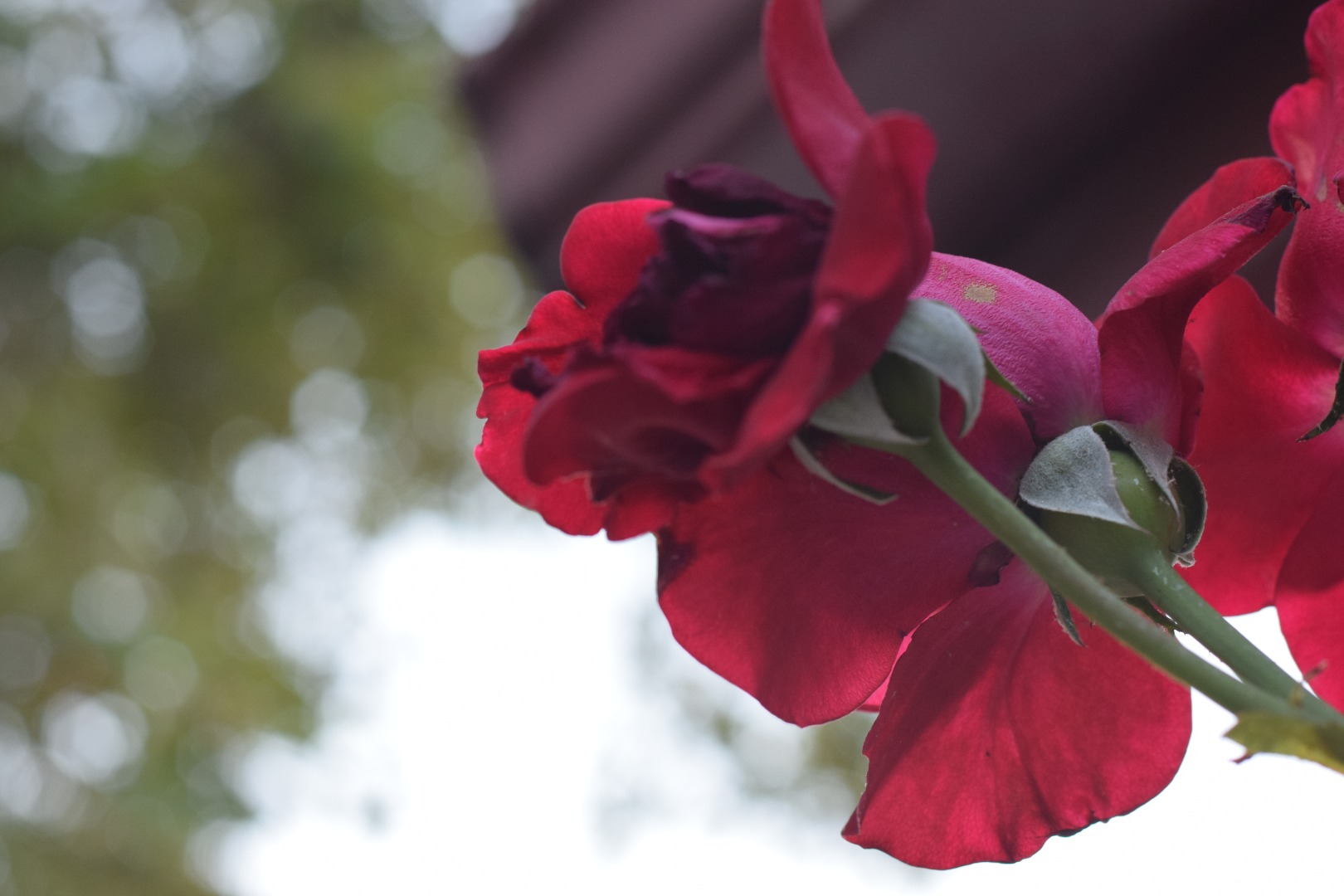Master Your Camera




Now that you've gotten into photography, it's time to master your camera. Let's get to some serious business. Whether your camera is a DSLR, Mirrorless, Point and Shoot, or a Smartphone, they are all devices fully capable of creating beautiful images. Remember, it's not about the camera. Rather, it's about the person behind it -- a.k.a. the photographer.
Let's get to the basics. The first thing you want to do is switch the mode to Aperture Priority (A). DSLR's and Mirrorless Cameras usually have tactile controls physically built unto their bodies. However, smartphones and point and shoots often have it inside -- usually on a built in camera setting or a downloadable app. The reason for this is simple. "Auto" mode is apocryphal and does not allow you to use the full potential of your camera, ultimately defeating the purpose and exacerbating any plausible terms for "mastering your camera." Now that you have done this, let's move on, shall we?
Well, you know what? I really don't want to take too much of your time. While I'm not a professional, I am also not a beginner. After years of playing with these devices, I have learned two things. The camera that you have right now is awesome. The lens you have are awesome. Don't let the so-called professionals fool you. "Aww, kit lens?" "Aww, look at that cute entry-level camera." Kit lenses are awesome. Sure, pro-lenses are better in some cases, but it doesn't mean kit lenses can't take great pictures. Don't you see, all you need is a decent camera+lens and practice! Simply adhere to the pragmatic photographic rules. Use the thirds rule for framing. Use a Low ISO(i.e.100-400) for daylight and bump it up for the night(800-3200). Use a wide aperture for portraits(i.e. f/1.4-5.6) and step it down for landscapes (i.e. f/10-22). Practice and practice, and learn/grow from your mistakes. We, including the professionals, all make them. I mean, it's only through our mistakes that we become better, right? Stay humble and take awesome photos folks!
p.s. Truth is, I wouldn't look at a great picture and say: "That can't be from a D5300, it must be from a D4s." Like wise, I wouldn't look at a bad picture and say: "Wow, that must have been taken from a T5, not from a 5DM3.
p.p.s. If you want to invest in more photographic things, buy more lenses. Lenses last a lifetime, while Camera bodies fade over time. For Portraits, I'd recommend a prime -- or fixed -- lenses such as the Nikon 50 1.8G or the Canon 50 1.8 II. These both have extremely wide apertures that will give your photos a very blurry background -- depth of field -- as well as great bokeh! (Search it up on google if you don't know what is!) They are also both very affordable! For landscapes, I personally think the kit lenses are great. However, if you want a very wide angle lens I'd recommend something like the Tokina 11-16 2.8(Comes in a variety of mounts, i.e. Nikon F, Canon, etc.) Not only are the optics great on this, it is also very affordable. You can also invest in a tripod. Don't get a cheap one for it will break! Get something that is more expensive and more durable. Trust me, I'm sure it will be worth it in the long run. I'd recommend something like a Dolica Carbon Fiber 60 in. Tripod. Not only is it light and strong, it is also pretty affordable! Here is my Flickr Page if you want to see some of my work: https://www.flickr.com/people/danielxuphotography/
p.p.p.s. Images are subjective. Camera Reviews are subjective. Criticism is subjective. Everyone has a unique way of expressing life through images. Keep working hard and staying humble. Ultimately, remember that it is not your camera that is taking the picture, rather it is you making the picture!
Cheers,
Fellow Photographer